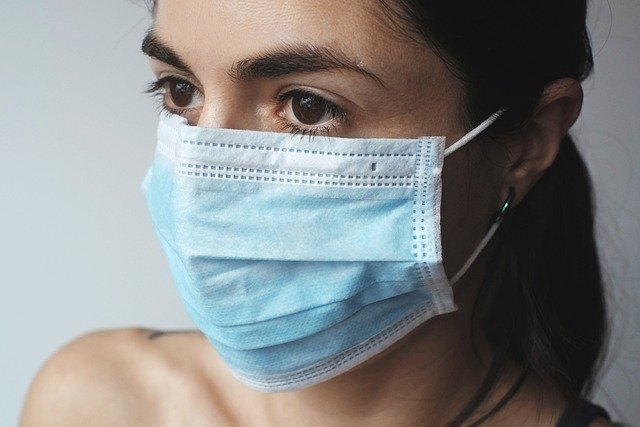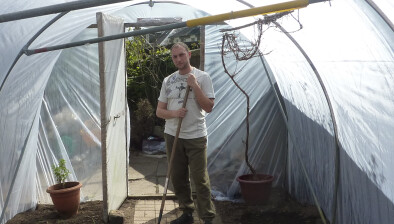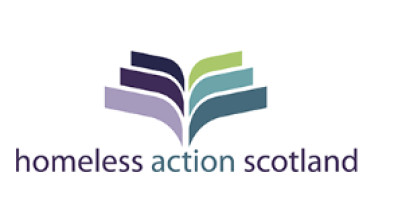England: £3.2m emergency funding to help rough sleepers isolate
Local authorities in England are to be given access to £3.2 million of emergency funding to help rough sleepers, or those at risk of rough sleeping, to prevent the spread of coronavirus (COVID-19).

The funding will reimburse councils for the cost of providing accommodation and services to those sleeping on the streets to help them successfully self-isolate.
Communities secretary Robert Jenrick said the move will ensure swift support is offered to people who are unable to self-isolate, such as those staying in night shelters or assessment hubs, as well as people who are currently sleeping rough.
Mr Jenrick said: “Public safety and protecting the most vulnerable people in society from coronavirus is this government’s top priority. We are working closely with councils and charities to ensure they have the support they need throughout this period.
“The initial funding that I’ve announced today will ensure councils are able to put emergency measures in place to help some of the most vulnerable people in our society to successfully self-isolate.
“I would urge anyone who is concerned about someone sleeping rough to use the government’s StreetLink app to alert local support services who can reach out to those in need at this difficult time.”
The initial emergency funding represents an initial first step to help local authorities and frontline services put emergency measures in place. The government will continue to work closely with local authorities to keep this under review and ensure people have access to the support they need.
Public Health England (PHE) has also released guidance for providers of hostels and day centres on how to handle suspected cases of coronavirus to assist staff and visitors in dealing with the impact of the virus.
The guidance outlines:
- what centres and hostels should do if they have had a confirmed case
- use of shared spaces – such as kitchens and bathrooms – where individuals who live with others are required to self-isolate
- what to do if anyone becomes unwell on site with the symptoms
- special considerations for residents and users, who are drug or alcohol users and may be more vulnerable to the effects of the virus
- guidance on cleaning and disinfection and rubbish disposal
Dr Yvonne Doyle, medical director at Public Health England, said: “People sleeping rough are often in poor health and are particularly vulnerable. That’s why this funding is so important, ensuring that rough sleepers who get symptoms have somewhere safe and protective to stay, and helping to prevent the spread of the infection.”
Charity Homeless Link said the emergency funding for rough sleepers must be coordinated by local taskforces.
Chief executive Rick Henderson said: “We are pleased that the government has heeded calls from the homelessness sector and acted to ensure that people sleeping rough or in night shelters are supported to self-isolate effectively. The lack of available accommodation or safe spaces was previously a huge concern.
“We urge local areas to establish a taskforce of voluntary sector and grassroots groups that can take swift and coordinated action, setting up an effective protocol for supporting their most vulnerable people and directing the money to where it is needed most, according to local context.
“Further initiatives are needed to ensure that people – whether homeless on the streets, in hostels and shelters, or using day centres – are able to self-isolate, and to access testing and treatment should their condition deteriorate.”








